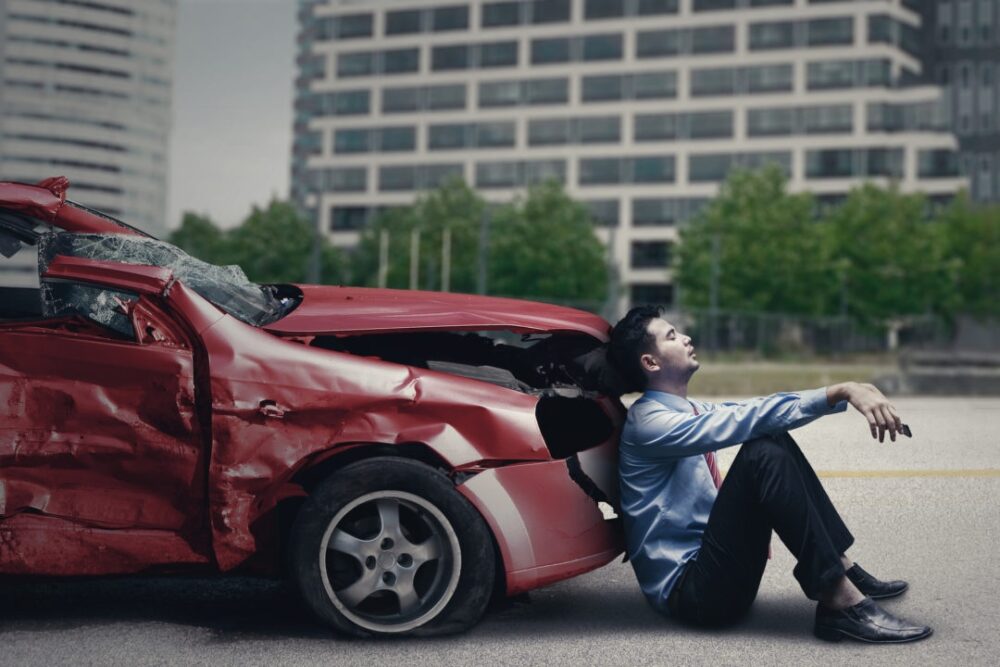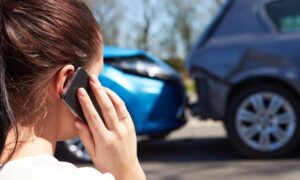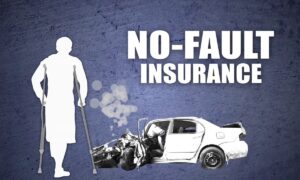No one wants to find themselves the victim of a car crash. With potential injuries and vehicle damage to recover from, being involved in an accident can be a frustrating and dangerous experience. Learning how to help prevent a car accident in the first place is one of the best ways to stay safe out on the road.
How Common Are Car Crashes?
Many people may be wondering if learning how to avoid a car accident is even necessary. After all, few people ever see a serious car accident happen right in front of them. That doesn’t mean these accidents aren’t occurring. In fact, the United States consistently ranks as one of the countries where drivers are most likely to be involved in an accident.
Going more granular, to put the danger of crashes into perspective, let’s look at statistics from Florida, one of the most dangerous states for drivers. According to Winters and Yonker, total crashes reported in Florida have increased by 13.8% to 388,598 crashes from 2020-2022 alone. While not all of these accidents were fatal, it goes to show just how many car accidents happen on a yearly basis.
Protecting yourself and others from a car accident in the first place is one of the best ways to stay safe on the road.
8 Tips for Avoiding a Crash
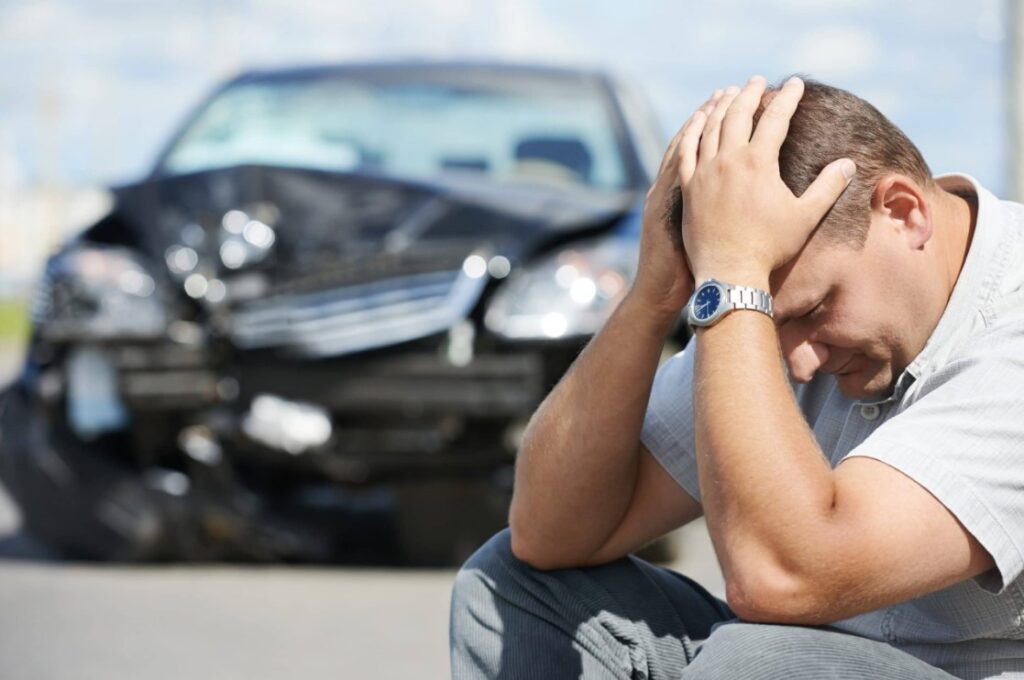
Source: scottsfortcollinsauto.com
1. Handle preventative maintenance for your vehicle
One reason a car accident can occur is the unexpected breakdown of a vehicle on the road. This can lead to other drivers rear-ending a person or the total loss of control over a vehicle. There are numerous parts under the hood of a vehicle that all work together to keep that vehicle running and the passengers safe.
Over time, many of these parts need to be touched up or replaced to ensure their efficacy. For example, front airbags can reduce the risk of fatalities by 29%, but if the SRS airbag module which controls them is damaged then they may not go off in a crash. By taking your vehicle in for regular check-ups and maintenance, you can have peace of mind on the road that everything is working as it should be.
2. Be a defensive driver, not offensive
While it might seem like an obvious tip, we’ve all been in a situation at one point or another where we weren’t acting as defensively on the road as we should have been. Don’t rely on other drivers to be safe on your behalf. Instead, exercise caution by driving with a safe distance between you and others, while always double-checking before changing lanes or backing up.
3. Never drive distracted or under the influence
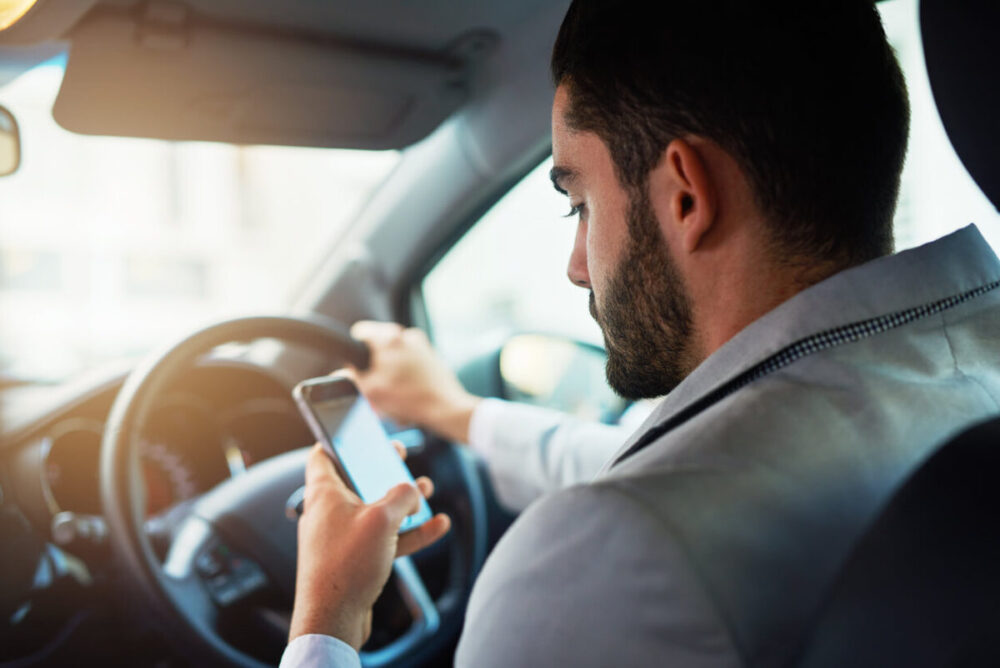
Source: levinandmalkin.com
It should go without saying in today’s day and age that driving under the influence is never acceptable. While you may not be able to control what other drivers choose to do, refusing to drive under the influence will keep your reaction time strong and help you to prevent accidents.
4. Be a strategic driver
While driving defensively is always the best choice of action, sometimes you have to drive offensively. For example, if there is a pileup accident in front of you, skirting to the side of the vehicles involved can prevent your involvement in the collision. Additionally, being strategic means being aware of what other drivers are doing. If you see someone speeding erratically behind you, don’t make a sudden move to get out of their way. While it seems contradictory, making a sudden move may cause them to react in a way where they crash.
5. Never assume other drivers will follow the rules of the road
When you hit the open road, always assume that other drivers might break the law. Just because someone doesn’t have their blinker on doesn’t mean they won’t merge. Always stay vigilant rather than assuming a driver is doing what they should be.
6. Scan 12 seconds ahead of you
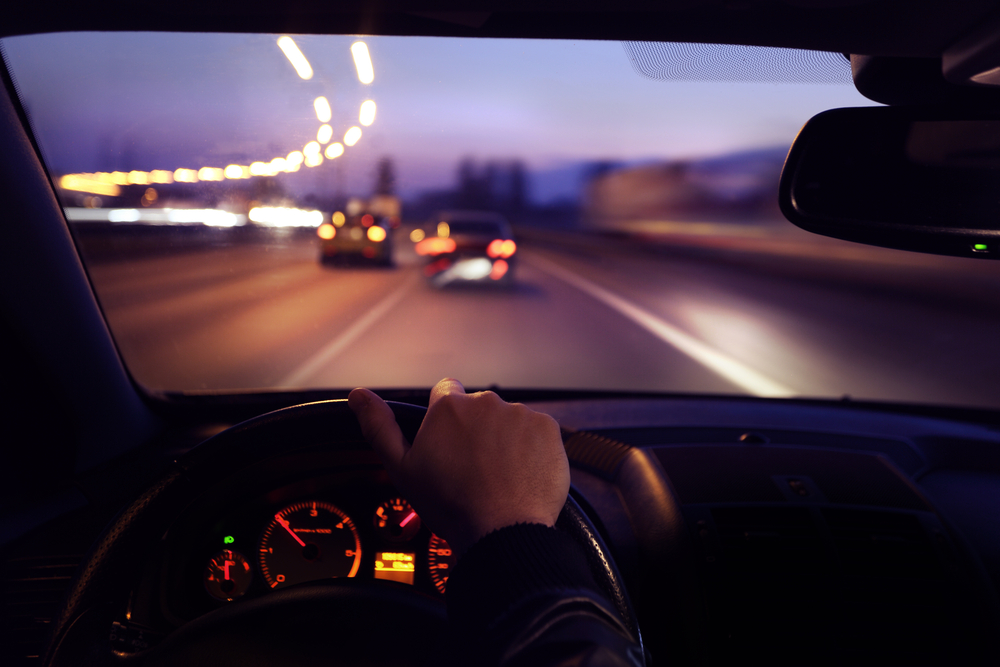
Source: topdriver.com
A good rule of thumb on the road is to follow the 12-second rule when driving. This means you should be scanning 12 seconds ahead of you at all times to ensure you have ample time to slow down or take evasive action if something happens ahead of you.
7. Avoid driving in poor weather
On average, 21% of car crashes are weather-related, adding up to nearly 1.3 million on a yearly basis. Even the best drivers will find controlling their vehicle difficult if they lose traction and start sliding on the road, or if they can’t see the road to begin with. Avoid driving in poor weather to reduce your risk of being in an accident.
8. Follow the law
Finally, one of the best ways to prevent a car accident is to simply follow the law as a driver. It can be easy to daydream and accidentally drift into another lane, but your responsibility as a driver is to always be in control. Put on your blinker to signal your next move, only backup when it’s completely clear, and maintain safe distances between you and others on the road.
What to Do After a Car Accident
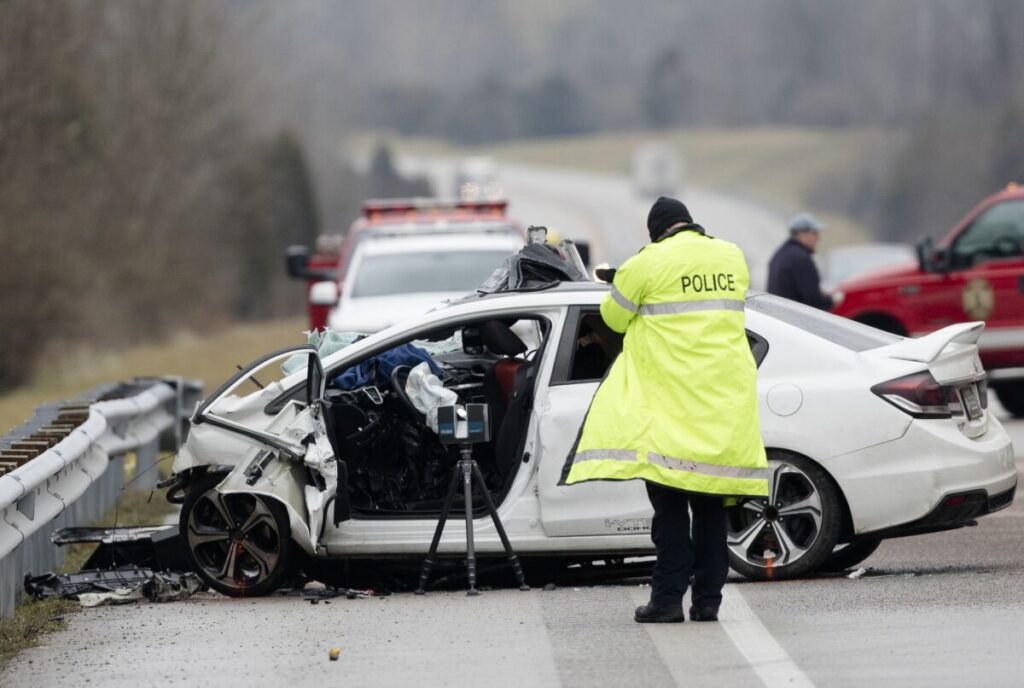
Source: latimes.com
While the above tips are helpful ways to prevent a car accident from occurring, they are not foolproof. If you find yourself the victim of a car accident, there are a few key steps to follow to ensure your safety and the best outcome:
- Inspect yourself and others for injury immediately after the crash
- Move vehicles out of the road if possible
- Contact the police if there were extensive injuries or damage to vehicles
- Exchange information with the other driver involved, including driver’s license, insurance, and contact information
- Take photos of any bodily or vehicle damage
- Get your vehicle towed if necessary
- Report the accident to the DMV if applicable based on your state
Being in a car accident is both scary and nerve-wracking, but your first priority should be ensuring that everybody involved is safe and doesn’t need medical attention. It’s still always best to visit a doctor after an accident, as not all injuries present themselves to the naked eye.
Stay Protected on the Road
Nobody ever wants to be involved in a wreck. By taking preventative action and being a defensive driver, you can reduce the risk of every being involved in a serious car accident. Preventative action will only go so far, and if you find yourself injured as a result of a car accident then reach out to a personal injury attorney for legal assistance.
If the accident was caused by the negligence or recklessness of another driver, you may be eligible for compensation. Don’t hesitate to contact an accredited attorney to discuss your specific situation today.

